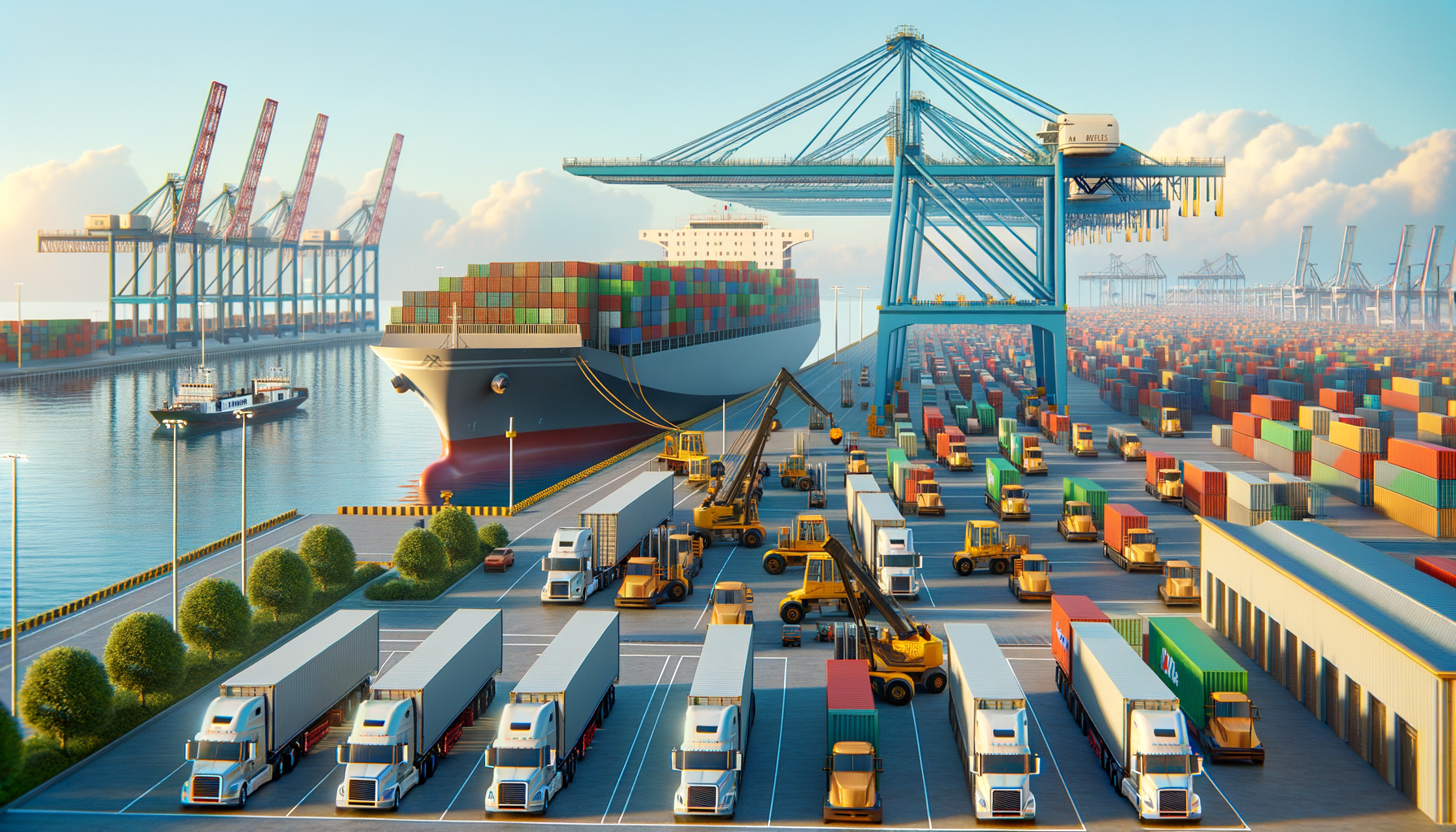Introduction to Freight Services
Freight services are an integral part of global trade, facilitating the movement of goods across borders and continents. These services are essential for businesses of all sizes, from small startups to multinational corporations. Understanding the various types of freight services available can help businesses make informed decisions about how to transport their goods efficiently and cost-effectively. This article delves into the different types of freight services, their benefits, and how to choose the right one for specific shipping needs.
Types of Freight Services
Freight services can be broadly categorized into three main types: air freight, sea freight, and ground freight. Each type has its unique advantages and is suitable for different kinds of shipments.
Air Freight: Known for its speed, air freight is ideal for time-sensitive shipments. It is often used for high-value or perishable goods that require quick delivery. However, it is generally more expensive compared to other freight options.
Sea Freight: Sea freight is the most cost-effective option for transporting large volumes of goods over long distances. It is suitable for non-urgent shipments and is the preferred choice for bulk goods. The downside is that it is slower than air and ground freight.
Ground Freight: Ground freight includes transportation by truck or train. It is a flexible option suitable for short to medium distances. Ground freight is often used for domestic shipments and offers a good balance between cost and speed.
Benefits of Freight Services
Freight services offer numerous benefits that make them indispensable for businesses engaged in trade and commerce. Some of the key benefits include:
- Global Reach: Freight services enable businesses to reach international markets, expanding their customer base and increasing revenue opportunities.
- Efficiency: Professional freight services ensure that goods are transported in the most efficient manner, reducing delays and minimizing costs.
- Reliability: Established freight companies offer reliable services with tracking systems, ensuring that shipments arrive on time and in good condition.
- Customization: Freight services can be tailored to meet specific needs, such as temperature-controlled shipping for perishable goods or expedited delivery for urgent shipments.
Choosing the Right Freight Service
Selecting the appropriate freight service depends on several factors, including the nature of the goods, budget, and delivery timeline. Here are some considerations to keep in mind:
Nature of Goods: Consider the type of goods being shipped. Perishable or high-value items may require air freight, while non-urgent bulk goods can be shipped via sea freight.
Budget: Determine the budget for shipping and choose a service that offers the best balance between cost and delivery time.
Delivery Timeline: Assess how quickly the goods need to reach their destination. Air freight is suitable for urgent shipments, while sea freight is better for less time-sensitive deliveries.
Destination: Consider the destination of the shipment. Some regions may have better access to certain types of freight services, influencing the choice of transportation.
Conclusion: Making Informed Freight Decisions
Freight services play a crucial role in the supply chain, enabling businesses to transport goods efficiently and effectively. By understanding the different types of freight services and their benefits, businesses can make informed decisions that align with their shipping needs and budget. Whether opting for the speed of air freight, the cost-effectiveness of sea freight, or the flexibility of ground freight, selecting the right service is key to ensuring successful and timely deliveries.




Leave a Reply